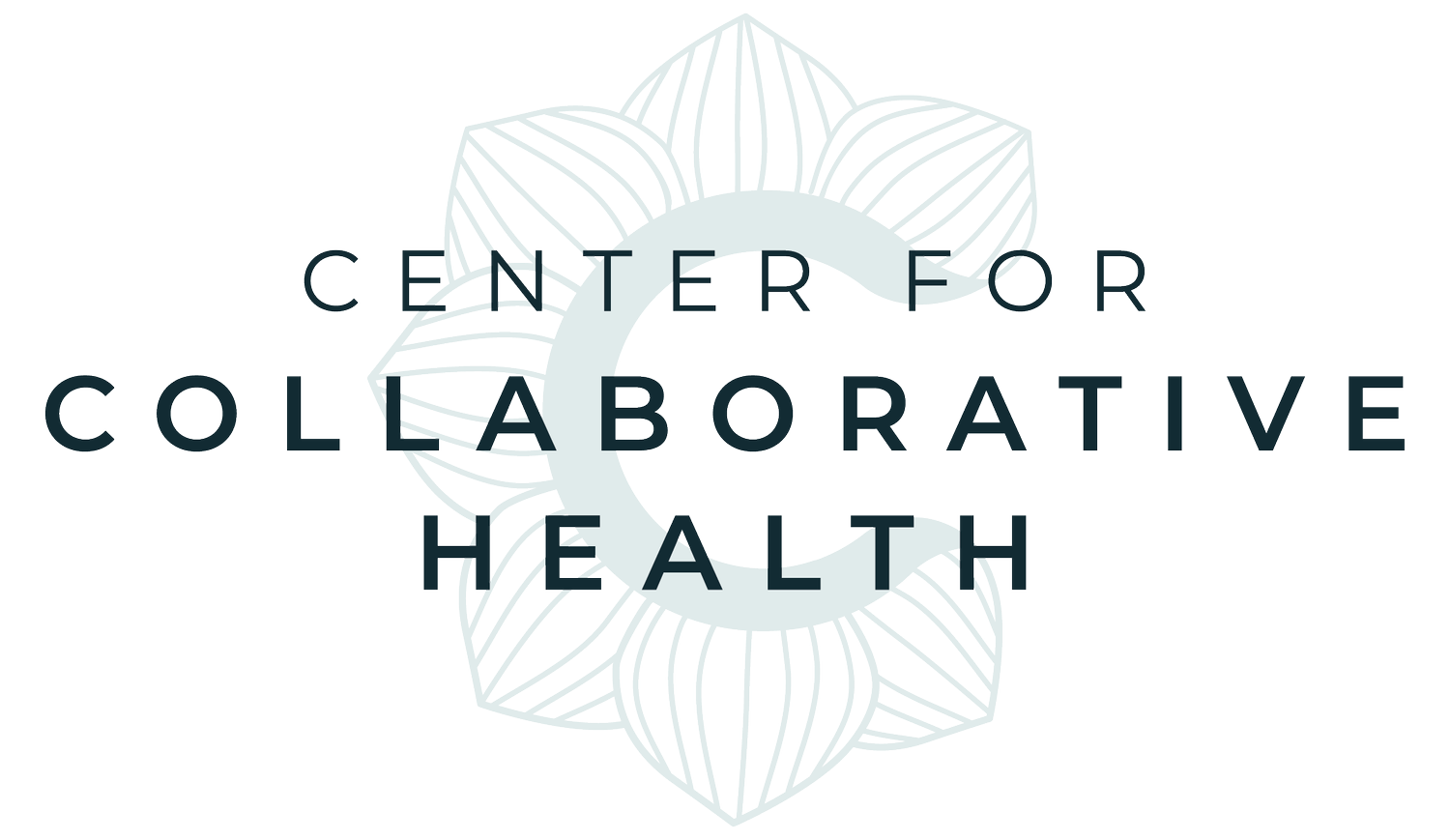Coping with Grief During the Holidays: Understanding, Navigating, and Seeking Support
Grief is a profound emotional response triggered by loss. It's essential to recognize that loss isn't solely limited to the passing of a person; it can extend to various aspects of life, such as roles, relationships, and aspirations. Grief in itself is challenging, but it can be amplified during the holiday season.
This post delves into the complexities of grief, explaining why it's particularly challenging during the holidays and offers crucial insights and strategies to navigate this difficult time.
What is Grief and What Does it Look Like?
Grief embodies acute pain in response to various losses, encompassing not just people but also roles, relationships, and aspirations. It's a highly personal experience, involving emotions such as sadness, anger, guilt, or regret.
The traditional five stages of grief - denial, anger, bargaining, depression, and acceptance - aren’t always experienced in sequence or in the same way. Grief is now understood as a highly individualized process that looks different for everyone.
How Long Does Grief Last?
As grief is different for everyone, there's no set timeline for how long it lasts. The misconception of a "proper way" to grieve can complicate the process. For some, grief is brief, while for others, it lasts months or years. Without support, it can lead to isolation and chronic sadness.
Even after one no longer struggles with grief, the memory or pain of the loss can resurface unexpectedly. As one of our providers wrote in response to her own grief,
“Grief is something that I have struggled with daily this past year. Some days it is worse than others, but it is always there with me on some level. The unpredictable nature of it is staggering. The pain of it is unbearable at times. I am not convinced that it will ever get any easier, but maybe I will just learn the tools to manage it a bit better. Until one day the happy memories begin to dull the awful images of how my father died or the fact that he isn’t coming back.”
Why is Grief So Painful and Amplified Around the Holidays?
Grief affects us mentally and physically. The latter being part of why it is so difficult to manage. The brain triggers a fight-or-flight response as we experience loss, putting extra stress on our organs and bodily functions.
The holiday season intensifies grief as it's a time of togetherness and joy, which can act as poignant reminders of lost loved ones. Celebrating these occasions without them amplifies the pain of grief. These times that highlight togetherness can act as poignant reminders of lost loved ones. These occasions can trigger deep emotions of regret and longing, amplifying the pain of grief.
How to Cope with Grief?
Coping with grief has no right or wrong way. Sometimes, it's about getting through it. Seeking understanding and supportive individuals, maintaining one's well-being, and avoiding comparisons to others' journeys are crucial. Patience is essential, as healing takes time.
Permission to BE HUMAN
There are ways to get through the holiday and cope with your grief during this time. First off, it’s important to acknowledge that the holidays will be tough for you and to give yourself some extra self-care as you navigate through this month.
Here are some tips to navigate the holiday and cope with grief:
Leave yourself an “out” at holiday events by driving yourself to parties for a quick exit.
Seek supportive individuals to understand your loss.
Take care of your health to avoid deterioration during this period.
Consider changing the location for holiday celebrations if the usual setting is too painful.
Incorporate loved one’s favorites into the holiday traditions.
Be honest with friends, and don't force yourself into situations you’re not ready for.
Seek professional support or join a support group.
In the end, it's okay to feel happy. This doesn’t take away from how much you loved your spouse, parent, or other lost loved one.
Seeking appropriate support during this challenging period is crucial for healing. During the holiday season, the Center for Collaborative Health (CCH) in Minneapolis offers various wellness services, including Shamanic Healing. Shamanic Healing identifies and releases trauma imprints, fostering mental and emotional equilibrium during the healing process. Learn more about Shamanic Healing and our other Services Here.
We invite you to book a wellness appointment here, and prioritize proactive self-care before, during, and after this crisis. CCH goes beyond traditional therapy, nurturing complete well-being, and emphasizing proactive self-care.
PS.Not sure where to start? Take our FREE QUIZ to determine if a holistic approach to health could benefit you. CCH goes beyond traditional therapy to nurture complete well-being, emphasizing proactive self-care.

